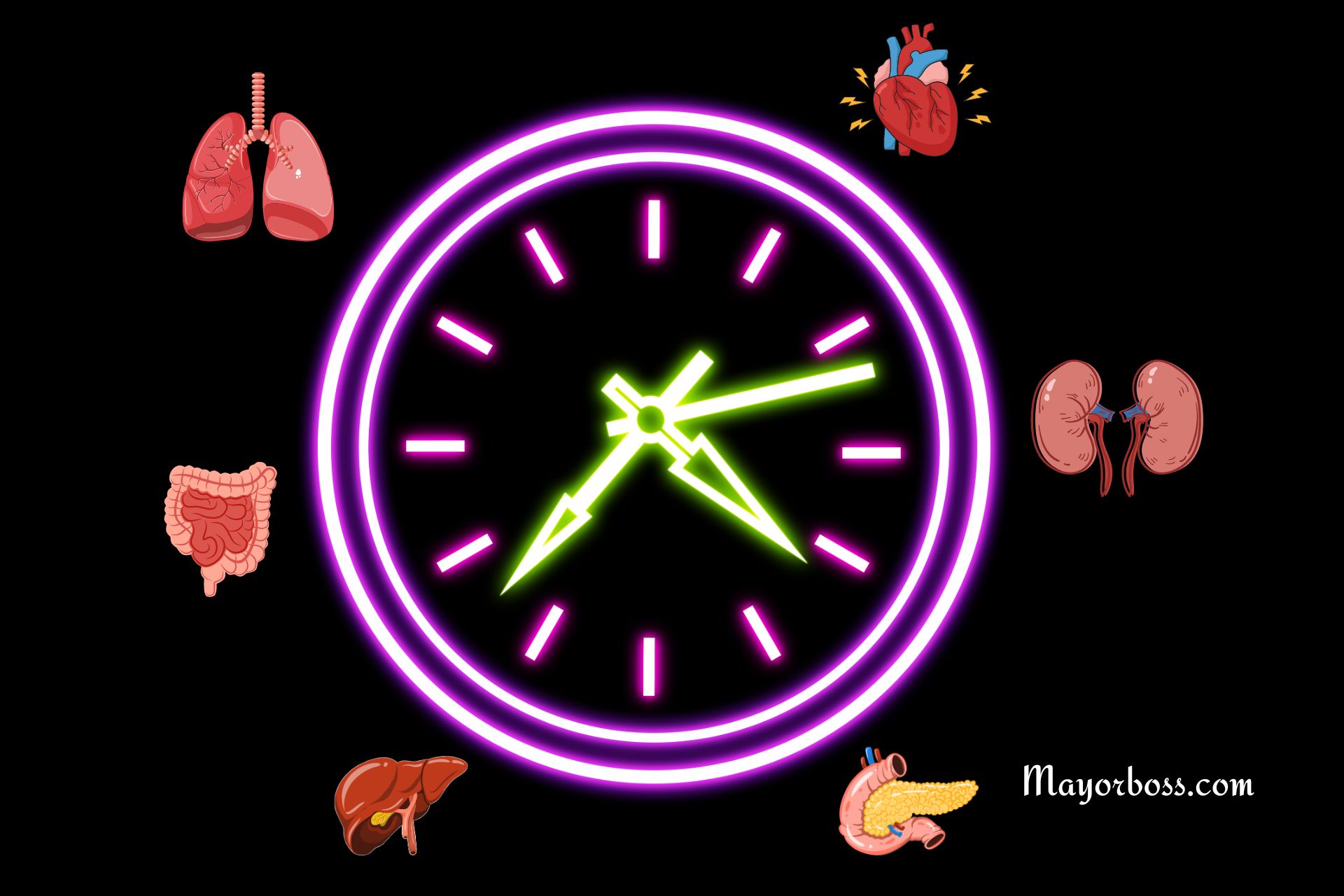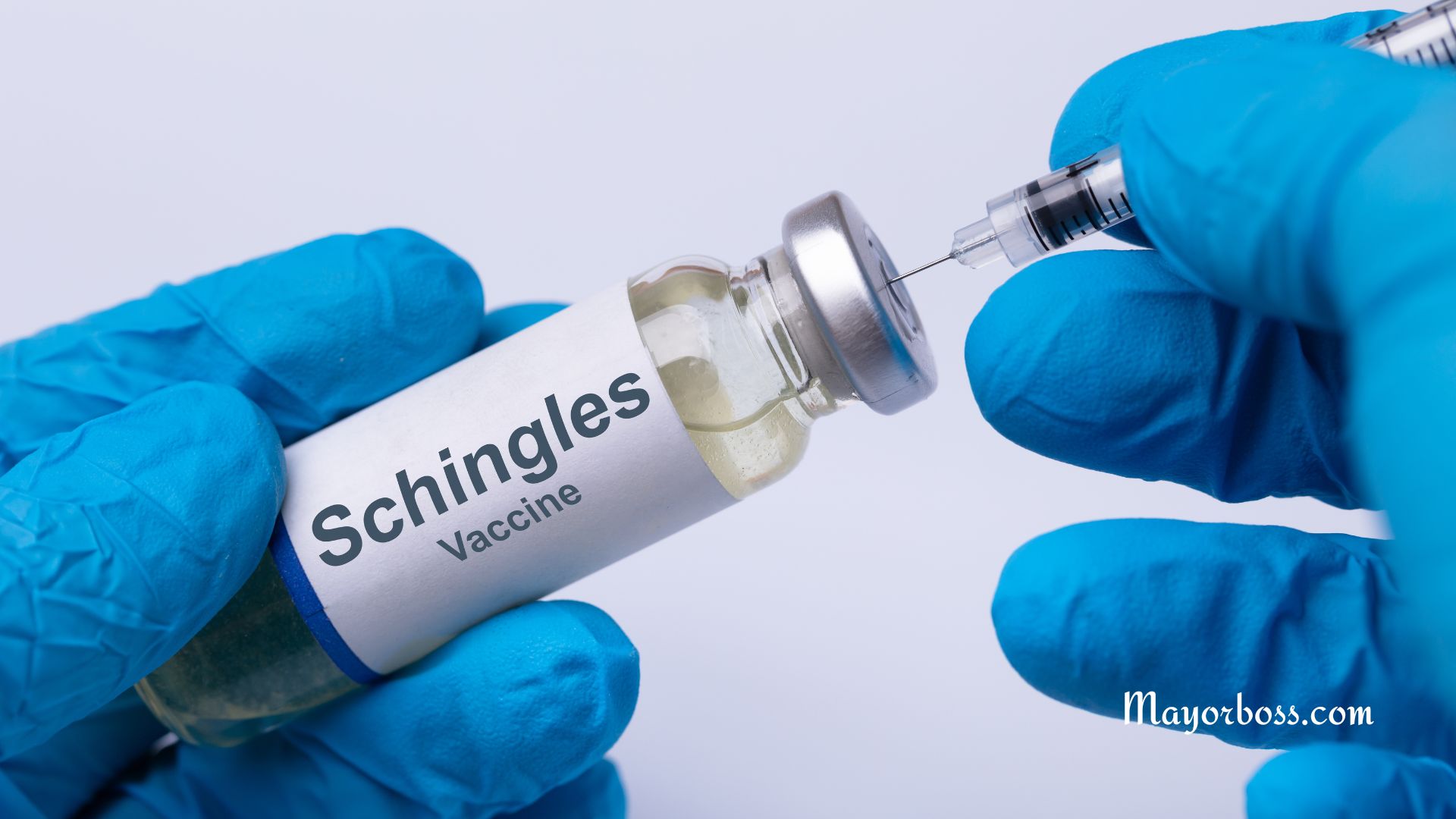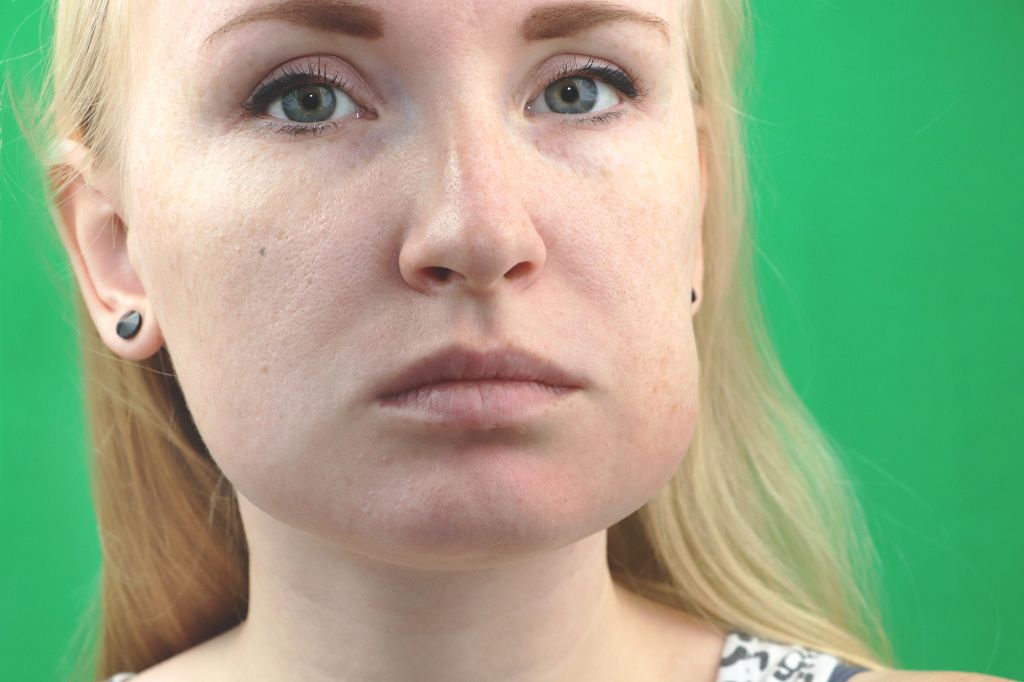Chinese Organ Clock: What the Time Reveals About Your Health!
Have you ever noticed how you consistently wake up at the same time every night or feel a slump around the same time every afternoon? What if I told you that this pattern could be deeply tied to your physical health, according to traditional Chinese medicine? Yes, it’s true! The Chinese organ clock, a fascinating concept from this ancient system of health, sheds light on how our body’s systems operate and interact with the flow of energy, or Qi, throughout the day.
The Chinese organ clock divides the day into 12 two-hour intervals, with each interval linked to the energy cycle of a specific organ. According to this theory, Qi moves through our body’s organ systems in a precise and predictable pattern, peaking in one organ system while resting in another. This cycle is not just a flow of energy but a guide that can help explain why certain symptoms manifest at specific times of the day.

How Does Chinese Organ Clock Work?
Let’s break it down. Each two-hour block is crucial for the associated organ. This period is when the organ’s energy is at its peak, and it’s the best time for the organ to perform its functions, heal, and regenerate. If there’s a blockage or imbalance in an organ’s energy, symptoms might appear during its peak time. Here’s a closer look at some key time slots and what they might indicate about your health:
- 1 AM to 3 AM: Liver
If you find yourself waking up during these early morning hours, your liver might be struggling. This time is crucial for detoxifying your body and preparing it for the new day. Waking up often during this time could be a signal that your liver needs some support—perhaps from reducing toxins in your diet or managing stress more effectively. - 3 AM to 5 AM: Lungs
Early risers might feel vibrant at this time, but if you’re coughing or experiencing discomfort, it might be your lungs telling you they are overwhelmed. This is the time for your lungs to optimize the oxygenation process and repair themselves. - 5 AM to 7 AM: Large Intestine
Ever wonder why you often need to visit the bathroom upon waking? This is when your large intestine is most active, clearing out waste to “make room” for the new day’s nutritional intake. Issues during this time might indicate a need for dietary adjustments. - 7 AM to 9 AM: Stomach
Breakfast is often called the most important meal of the day, and in Chinese medicine, this is when your stomach is primed to digest food most effectively. A healthy breakfast can boost your stomach’s energy, but skipping it might lead to low energy or digestive issues. - 9 AM to 11 AM: Spleen
This period is crucial for your spleen, which in Chinese medicine is responsible for digestion and turning food into energy. Feeling sluggish or foggy-brained during these hours might indicate that your diet isn’t supporting your spleen’s functions well. - 11 AM to 1 PM: Heart
This is the peak time for your heart when it is most active and energized. Emotional distress or palpitations during this time could suggest underlying stress or heart issues. It’s a great period for tasks that require focus and connection. - 1 PM to 3 PM: Small Intestine
During this time, your small intestine is active, sorting and absorbing nutrients while discarding waste. Problems like bloating or discomfort during these hours might suggest that your diet needs tweaking for better nutrient absorption. - 3 PM to 5 PM: Bladder
Feeling a dip in the afternoon? This is when your bladder is active, clearing fluids and waste. If you’re feeling unusually tired, consider hydrating well or examining your salt intake. - 5 PM to 7 PM: Kidneys
The kidneys are essential for filtering blood and managing fluid balance. If you feel a dip in your energy or lower back pain, it might be time to hydrate more and monitor your kidney health. - 7 PM to 9 PM: Pericardium (Circulation-Sex)
This time is about protecting the heart and emotional well-being. It’s an ideal time for winding down and emotional connection. If you feel particularly stressed or disconnected during this period, it might be beneficial to incorporate relaxation techniques into your evening routine. - 9 PM to 11 PM: Triple Heater (Endocrine Balance)
The triple heater doesn’t correspond to a single organ but refers to the maintenance of body temperature and metabolic balance. Difficulty in settling down or feeling overheated during these hours could signal hormonal imbalances or stress. - 11 PM to 1 AM: Gallbladder
Your gallbladder is busy at this time, processing fats and aiding digestion. Trouble falling asleep or feeling tense could be signs that your gallbladder is stressed, possibly due to a high-fat diet or insufficient hydration.
Listen to Your Body’s Clock
By paying attention to the Chinese organ clock, you can start to notice patterns in your own body’s responses throughout the day. It encourages a holistic approach to health, where understanding and adjusting your body’s needs can lead to greater overall well-being.
Frequently Asked Questions
What can I do if I frequently wake up at the same time each night?
Consider the organ associated with that time and what might be affecting its energy. Lifestyle changes, dietary adjustments, and even certain exercises can help balance your body’s Qi.
How can I use the Chinese organ clock to improve my digestion?
Plan to eat your largest meals when your stomach and spleen energy are peaking, between 7 AM and 11 AM, and keep dinner lighter and earlier to give your body time to digest before the liver’s detoxification cycle begins.
Is the Chinese organ clock backed by science?
While the Chinese organ clock is based on traditional Chinese medicine principles rather than Western medical science, many find it useful as a reflective tool for understanding body rhythms and optimizing health through a holistic approach.
This ancient clock might not be watched by gears and springs, but by tuning into it, you can set yourself up for a healthier, more balanced life. Why not give it a try and see what your body’s clock is telling you?






